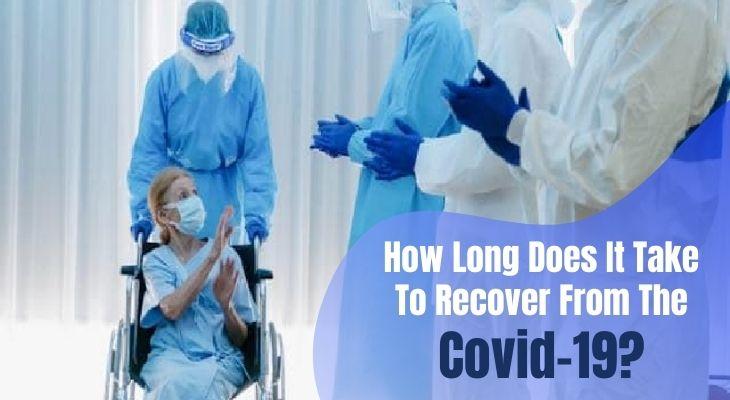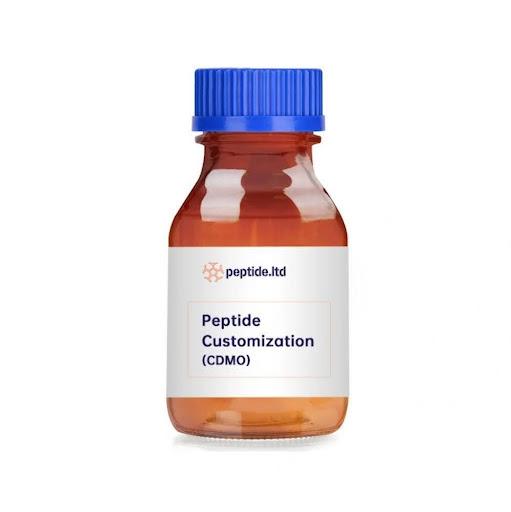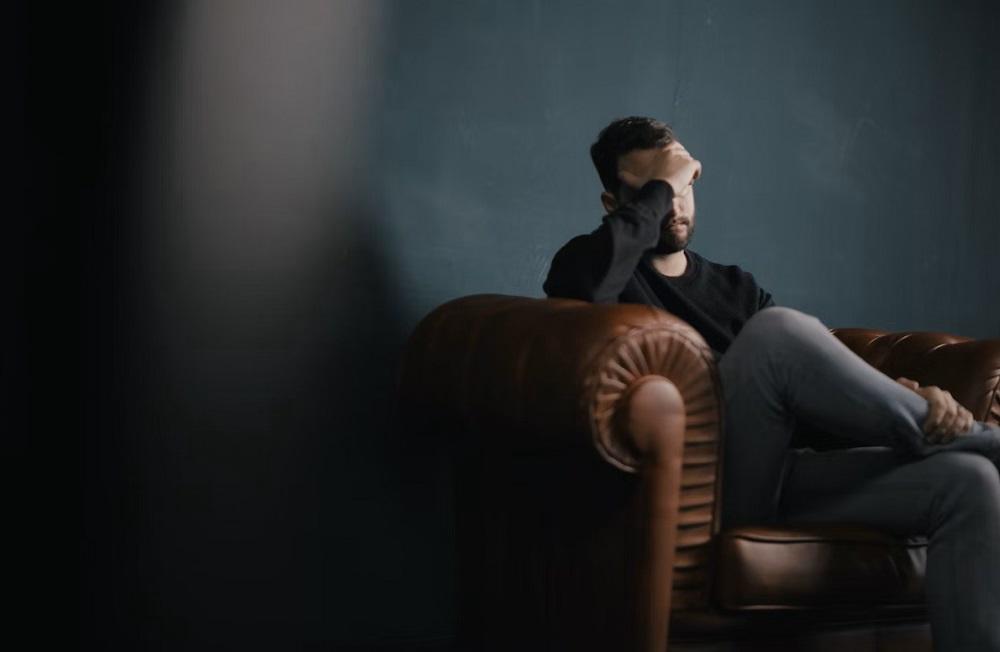
According to research from various institutions like the John Hopkins University, more than a million people in the world have recovered from the coronavirus. Although the recovery rate is high, people respond differently to the virus and COVID-19 recovery time differs.
Recovering from COVID-19 depends on several factors, like how sick you become. Some people may recover quickly from the infection, while it may leave a lasting effect on some people.
The severity of the COVID-19 infection depends on gender, age, and other underlying health issues. A more invasive treatment performed over a long period extends recovery time.
What happens if my COVID-19 symptoms are mild
Most people who get COVID-19 only experience the main symptoms, which include fever or cough. Some people also experience fatigue, body ache, headache, and sore throat.
The cough is usually dry at first, then the symptom may become more severe, and the person begins to cough up dead cells from the lungs, which the virus killed in the form of mucous.
You can treat these symptoms by taking plenty of pain relief medication like paracetamol and lots of fluid. Bed rest will also help you recover. Those with mild COVID-19 symptoms usually have a short recovery time.
The fever usually subsides within a week, but the cough may remain for a longer time and an analysis of Chinese data by the WHO found that recovering from COVID-19takes about two weeks on average.
What happens if my symptoms are more severe
For some persons, coronavirus infection may be more severe, and the severe symptoms usually set in after about 7 – 10 days after infection. The symptoms may suddenly become severe, including difficulty in breathing and inflammation of the lungs. This happens because the body begins to overreact while fighting the virus, causing collateral damage.
Some people with severe symptoms of the coronavirus may require hospitalization to receive oxygen therapy. It may take some time for specific symptoms like shortness of breath to improve and for the body to recover, and this takes about 2 – 8 weeks.
What happens if I require intensive care?
From the WHO analysis, one in every 20 persons will require intensive care, including getting a ventilator and being sedated. It takes a while to recover from any illness that requires care in an intensive care unit, including coved-19 recovery. Experts say that it might take about 12 – 18 months for anyone recovering from COVID-19 to return to their regular life after treatment in an intensive care unit.
Hospitalization for a long time usually leads to loss of muscle mass. Patients tend to get weak, and building up their muscles requires a lot of time. Some patients might even require physiotherapy to be able to walk.
Treatment in an intensive care unit may cause the body to suffer psychological disorders and delirium. Viral fatigue also plays a role in patients needing extended recovery time. Reports from people recovering in some countries like Italy and China include weakness of the body, persistent coughing, irregular breathing, and shortness of breath after any exertion.
Some persons may need months to recover, and care in intensive units takes a short time, while others require weeks with ventilators.
Also read about: What Are The Benefits Of Cloud Computing
Will the coronavirus have a long-term health effect
For now, it is uncertain whether the coronavirus has a long-term effect because data for such analysis is insufficient. However, we can look at the long-term effect of other conditions that cause similar symptoms.
Acute respiratory distress syndrome (ARDS) develops when the immune system goes into overdrive, causing liver damage. People who have suffered from this condition tend to have psychological and physical difficulties.
People recovering from COVID-19 also need mental health support during their recovery. Patients may likely experience post-traumatic stress disorder (PTSD), especially those who have severe symptoms. This condition may also leave lasting psychological scars for many. Even those who had mild symptoms may suffer from long-term health problems like fatigue.
How many people have recovered
In the early period of the second quarter, more than a million persons had recovered from COVID-19 out of the 3.2 million persons infected worldwide. However, this figure may not be all-encompassing because some countries use different recording systems and may not have published mild infection cases. Estimations show that about 99 – 99.5% of infected people recover from the coronavirus infection.
Can I get re-infected
It is still unclear whether infected people have gained immunity after initial infection and recovery from COVID-19. Some experts believe that cases of re-infection are a result of inaccurate testing. To ensure you do not have the coronavirus, you need to book an online appointment for a PCR test in London.










